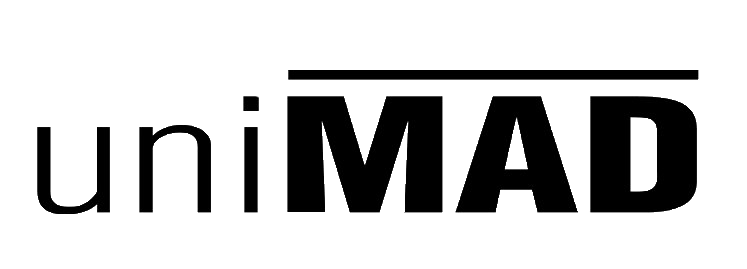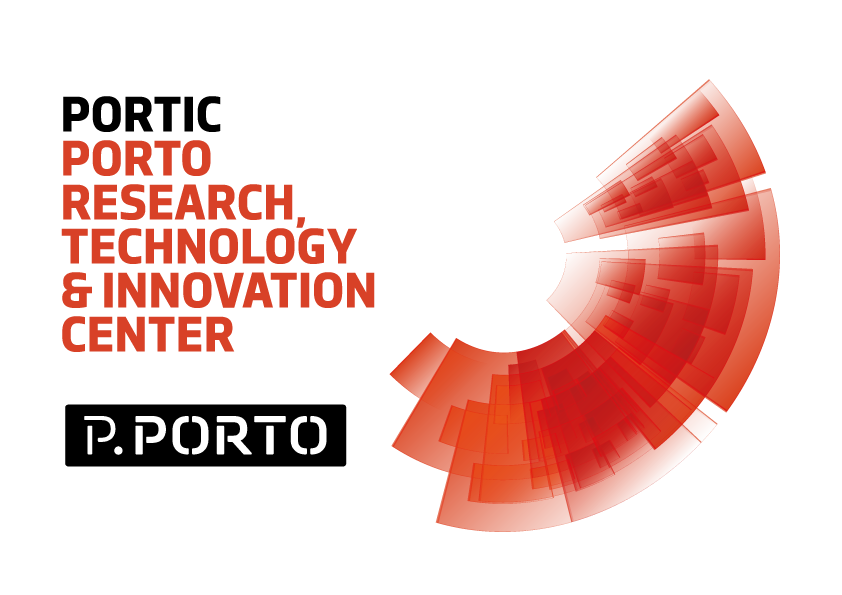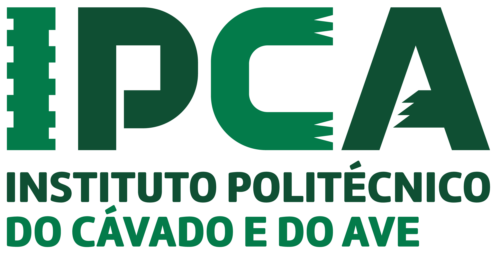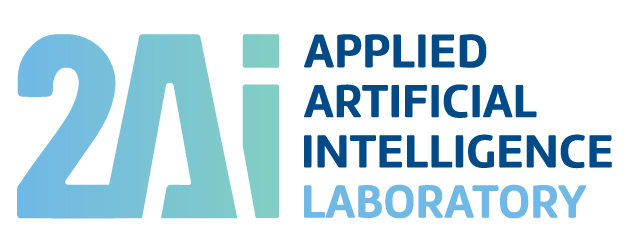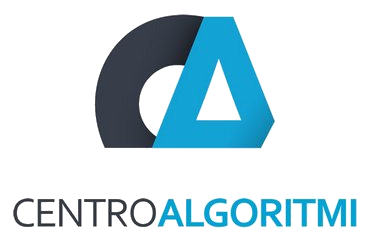Escola Superior de Media Artes
e Design
Instituto Politécnico
do Porto, Portugal
https://slate-conf.org/2021
1st and 2nd July, 2021
Escola Superior de Media Artes
e Design
Instituto Politécnico
do Porto, Portugal
SLATE 2021 Chairs:Being languages such a broad subject, SLATE is organized in three main tracks:
Ricardo Queirós (ESMAD/P.PORTO & uniMAD & CRACS/INESC TEC)
Mário Pinto (ESMAD/P.PORTO & uniMAD)
Alberto Simões (2Ai-School of Technology, IPCA, Barcelos, Portugal)
-
HHL Track:
Processing Human-Human Languages
HHL is a forum dedicated to the discussion of research projects and ideas involving natural language processing and their industrial application.
-
HCL Track:
Processing Human-Computer Languages
HCL is a forum where researchers, developers, educators exchange ideas and information on the latest academic or industrial work on language design, processing, assessment and applications.
-
CCL Track:
Processing Computer-Computer Languages
CCL main goal is to provide a broad space for discusstion about the XML markup language: examples of usage and associated technologies.
- Full papers - 8 to 14 pages, presented in 20+5 minutes, complete work, including a validation or discussion;
- Short papers - 6 to 8 pages, presented in 10+5 minutes, ongoing work, well anchored in the literature, but not yet fully validated;
- Lightning talks - no publication, presented in 3 to 5 minutes, research ideas or work that has just started.
All accepted papers will be published in the conference proceedings, under an ISBN reference, on paper and digital support. They will also integrate the OASIcs series: https://www.dagstuhl.de/publikationen/oasics/. In addition, the authors of selected papers will be invited to submit extended versions to appropriate journals (more information will be posted later on the conference website).
Papers should be written using the OASIcs LaTeX template, using the English language. Please refer to our website for details about the document preparation.
- Alberto Simões (2Ai Lab - IPCA)
- Alda Gancarski (Institut Mines-Telecom, Telecom SudParis, CNRS UMR Samovar)
- Alexander Paar (Duale Hochschule Schleswig-Holstein)
- Alexandre Rademaker (IBM Research Brazil and EMAp/FGV)
- Ana Alves (Centre for Informatics and Systems - University of Coimbra)
- Antonio Leitao (Universidade de Lisboa)
- António Teixeira (University of Aveiro)
- António Miguel Cruz (ESTG, Instituto Politécnico de Viana do Castelo)
- Arkaitz Zubiaga (Queen Mary University of London)
- Barrett Bryant (University of North Texas)
- Bostjan Slivnik (University of Ljubljana)
- Brett Drury (LIAAD-INESC-TEC)
- Daniela Da Cruz (University of Minho)
- Diana Santos (University of Oslo)
- Dietmar Seipel (Univ. Wuerzburg, Dept. of Computer Science)
- Dušan Kolář (Brno University of Technology, Faculty of Information Technology)
- Fernando Batista (INESC-ID & ISCTE-IUL)
- Filipe Portela (University of Minho)
- Geylani Kardas (Ege University International Computer Institute)
- Hugo Gonçalo Oliveira (University of Coimbra)
- Irene Rodrigues (Universidade de Evora - Portugal)
- Irene Castellón (UB)
- Ivan Luković (University of Belgrade, Faculty of Organizational Sciences)
- Jakub Swacha (University of Szczecin)
- Jan Janousek (Czech Technical University Prague)
- Jan Kollar (Dept of Computers and Informatics FEI TU Kosice)
- Jaroslav Porubän (Technical University of Košice)
- Jean-Christophe Filliatre (CNRS)
- João Saraiva (University of Minho)
- João M. Lourenço (NOVA LINCS — Universidade NOVA de Lisboa)
- José Carlos Ramalho (University of Minho)
- José Carlos Paiva (University of Porto)
- Jose Joao Almeida (Departamento de Informtica - Universidade do Minho)
- Jose Luis Sierra (Universidad Complutense de Madrid)
- José Paulo Leal (University of Porto)
- Josep Silva (Universitat Politècnica de València)
- Luis Morgado Da Costa (Nanyang Technological University)
- Luís Ferreira (IPCA)
- Luísa Coheur (IST/INESC-ID Lisboa)
- Maria João Varanda (Instituto Politécnico de Bragança)
- Mario Berón (National University of San Luis)
- Mário Pinto (ESMAD.IPP)
- Marjan Mernik (University of Maribor)
- Mikel Forcada (DLSI - Universitat d'Alacant)
- Pablo Gamallo (University of Santiago de Compostela)
- Pedro Rangel Henriques (University of Minho)
- Ricardo Queirós (ESMAD- P.PORTO & CRACS - INESC TEC)
- Ricardo Rodrigues (Centre for Informatics and Systems of the University of Coimbra, and College of Education of the Polytechnic Institute of Coimbra)
- Ricardo Rocha (University of Porto)
- Salvador Abreu (LISP & CRI / University of Evora)
- Simão Melo de Sousa (Universidade da Beira Interior)
- Tomaz Kosar ()
- Xavier Gómez Guinovart (Universidade de Vigo)
- Ricardo Queirós (Escola Superior de Media Artes e Design, PP, Portugal)
- Mário Pinto (Escola Superior de Media Artes e Design, PP, Portugal)
- Alberto Simões (Instituto Politécnico do Cávado e do Ave, Portugal)
- Teresa Terroso (Escola Superior de Media Artes e Design, PP, Portugal)
- Jorge Lima (Escola Superior de Media Artes e Design, PP, Portugal)



